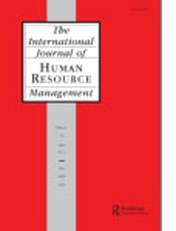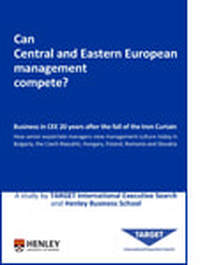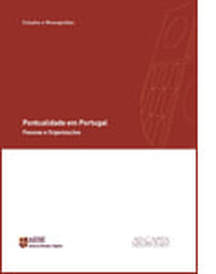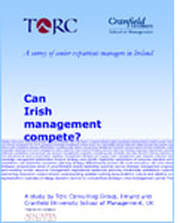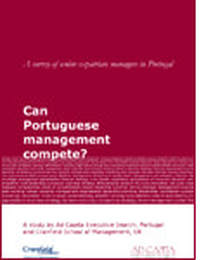Over the years I have published a number of studies, articles and other pieces. Here is a selection - from the time before I got swept up in leading MGI Worldwide and had no time to publish. Well, only a couple of articles.

Accountancy Age.
18 April 2019
"The madness of audit independence"
The bedrock of the practice of audit, the heart of the enormous ethical code that auditors have to follow in obsessive detail is the concept of "audit independence". The idea is that to be objective and trustworthy an audit must be completely independent of the organisation he or she is auditing. Yet the entities that are audited pay the auditors to do it: there is powerful and important commercial relationship. We would never fly in an aircraft certified by a company selected and paid for by the airline. Audit should be no different. This is the madness. That audit is as good as it usually is, is testament to the superhuman attempt of auditors to counter commercial pressure. This is the madness.
18 April 2019
"The madness of audit independence"
The bedrock of the practice of audit, the heart of the enormous ethical code that auditors have to follow in obsessive detail is the concept of "audit independence". The idea is that to be objective and trustworthy an audit must be completely independent of the organisation he or she is auditing. Yet the entities that are audited pay the auditors to do it: there is powerful and important commercial relationship. We would never fly in an aircraft certified by a company selected and paid for by the airline. Audit should be no different. This is the madness. That audit is as good as it usually is, is testament to the superhuman attempt of auditors to counter commercial pressure. This is the madness.
|
International Journal of Human Resource Management, Vol 21, pp 2568 - 2588
November 14 2010 "Perceptions of business cultures in eastern Europe and their implications for international HRM" This paper analyses perceptions of business culture as a contribution to the discussions about whether the central and eastern European (CEE) states form a separate variety of capitalism and IHRM. We focus on six of the CEE countries: Bulgaria, Czech Republic, Hungary, Romania, Poland, and Slovakia, using a large sample of expatriate managers working in those countries and a control group of local managers |
|
Clive's guide to Portuguese business culture
Executive Planet An informal but informative guide to all the cultural mysteries and niceties of how to do business with the Portuguese, from how to take them out to dinner or which name to use, to how to negotiate. Clive is responsible for the Portugal section of the well-known series of web guides to business culture for whom he first wrote this guide some fifteen years ago - executive planet. |
|
Can Central and Eastern European Management Compete?
Henley Business School, Target International Executive Search 5 March 2009 Survey of senior expatriate managers in Bulgaria, Czech Republic, Hungary, Poland, Romania and Slovakia. Third in the series on international management culture. Wide range of results from really very poor management culture in Bulgaria (corrupt, disorganised, non-entrepreneurial, irresponsible) to quite advanced in Poland (reasonably well organised, committed, dynamic). The press launch in Budapest created a good deal of interest, not least in Hungary, for which the results were somewhat mixed. |
|
Pontualidade em Portugal - Pessoas e Organizações [Punctuality in Portugal - People and Organisations]
AESE Business School, Ad Capita Executive Search 14 September 2006 Survey of top managers in Portugal about punctuality and time management. The results were much debated in the press as they confirmed what many, including the Portuguese, already knew: punctuality and effective time management are not Portuguese characteristics. |
|
Tribute to John Peel
The Portugal News 6 November 2004 Newspaper feature - tribute to the best ever radio DJ, loveable broadcaster and one of my heroes, whose loss I felt much more acutely than I expected. |
|
Can Irish Management Compete?
Cranfield School of Management, Torc Consulting Group 1 September 2003 This survey of senior expatriate managers in Ireland was the second in the series. There was considerable press interest. The findings were generally positive about Irish management culture but there were some criticisms about Irish preparation for internationalisation and a certain complacency about the need for improvement. |
|
Can Portuguese Management compete?
Cranfield School of Management, Ad Capita Executive Search 10 April 2001 Survey of senior expatriate managers in Portugal about management culture. This was the first of a continuing series in various countries. The study attracted wide media coverage, especially because the portrait of Portuguese management culture was not very flattering - disorganised, uncommitted, unwilling to take responsibility. |

